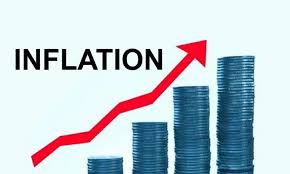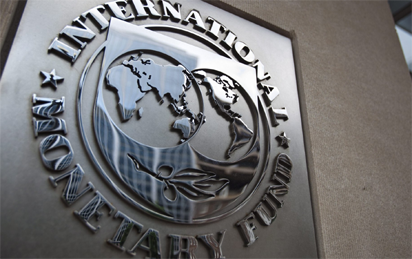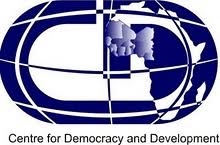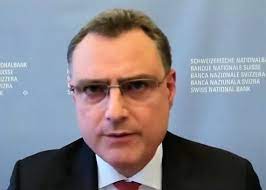The National Bureau of Statistics (NBS) reported on Tuesday that Nigeria’s inflation rate rose to 16.47% in January this year from 15.75% in December 2020, representing the highest rate in the past 33 months.
The report published by the Bureau on its website indicated that food inflation rose to 20.57% in the month under review, from 19.56% in the previous month, while core inflation increased to 11.85% in from 11.37% in December 2020.
According to the agency, the January’s rate represented the 17th consecutive month of rising inflation in the country
It attributed the increase in food inflation to increases in prices of bread and cereals, potatoes, yam and other tubers, meat, fruits, vegetables, fish, and oils, and fats.
The NBS further clarified: “The consumer price index, (CPI) which measures inflation increased by 16.47 per cent (year-on-year) in January 2021. This is 0.71 per cent points higher than the rate recorded in December 2020 (15.75 percent). Increases were recorded in all COICOP divisions that yielded the Headline index.
“On a month-on-month basis, the Headline index increased by 1.49 per cent in January 2021. This is 0.12 percentage points lower than the rate recorded in December 2020 (1.61 per cent).
On food inflation, the agency reported that the composite food index rose by 20.57 per cent in January 2021 compared to 19.56 per cent in December 2020.
Giving the state-by-state general price trend on food items, the NBS reported that during the month under review, food inflation on a year-on-year basis (YoY) was highest in Kogi (26.64%), Oyo (23.69%) and River (23.49%), while Ondo (17.20%), Abuja (16.73%) and Bauchi (16.37%) recorded the slowest rise.
“On month on month basis, however, January 2021 food inflation was highest in Oyo (4.47%), Lagos (3.86%) and River (3.11%), while Akwa Ibom (0.25%) and Bayelsa (0.13%) recorded the slowest rise with Edo recording price deflation or negative inflation (general decrease in the general price level of food or a negative food inflation rate),” it added.
Nigeria’s inflation has remained upswing over the past 17 months as the coronavirus pandemic continues to take huge toll on the economy. The situation is further worsened by the plunge in crude prices, with the country currently in recession.




